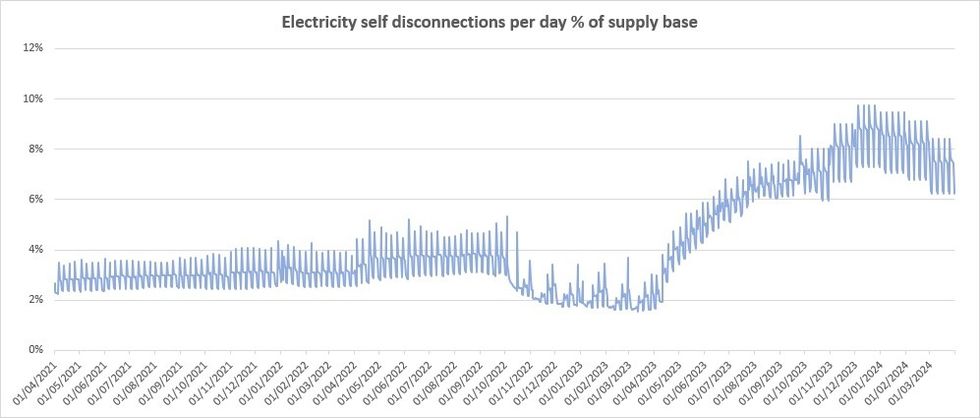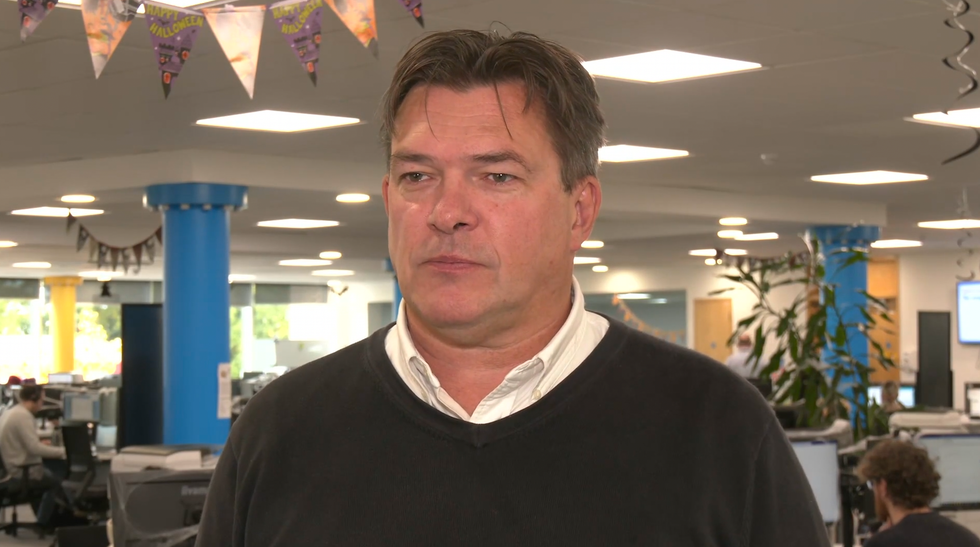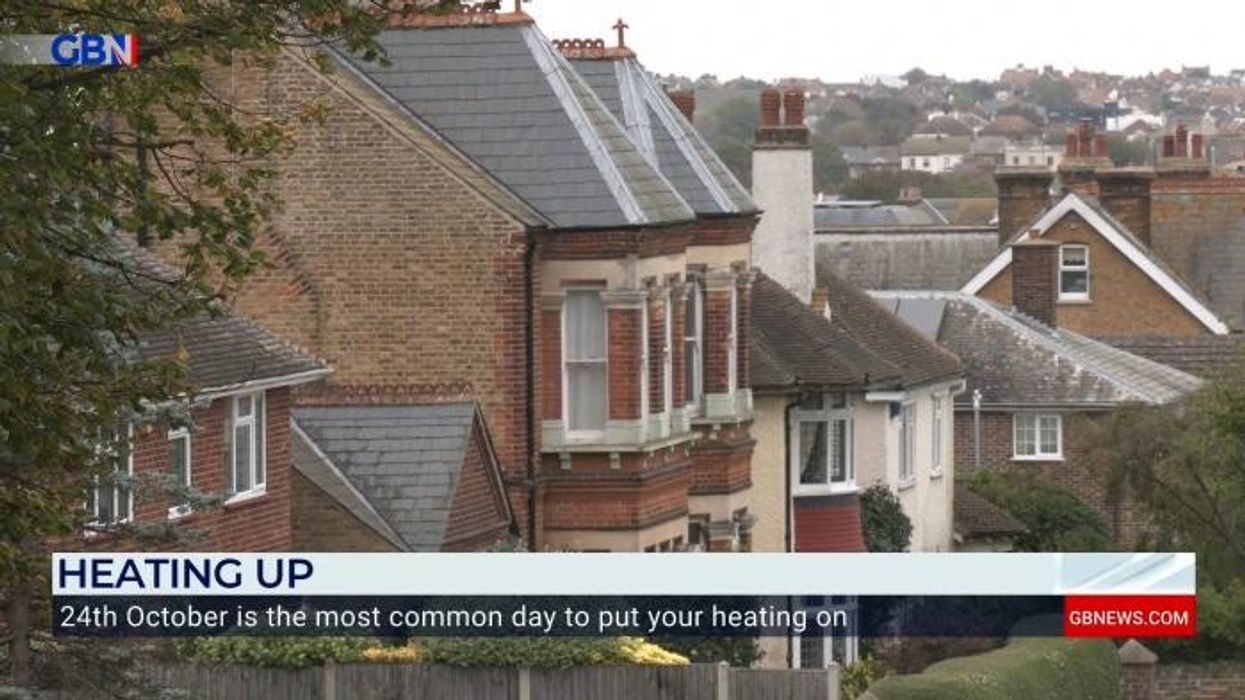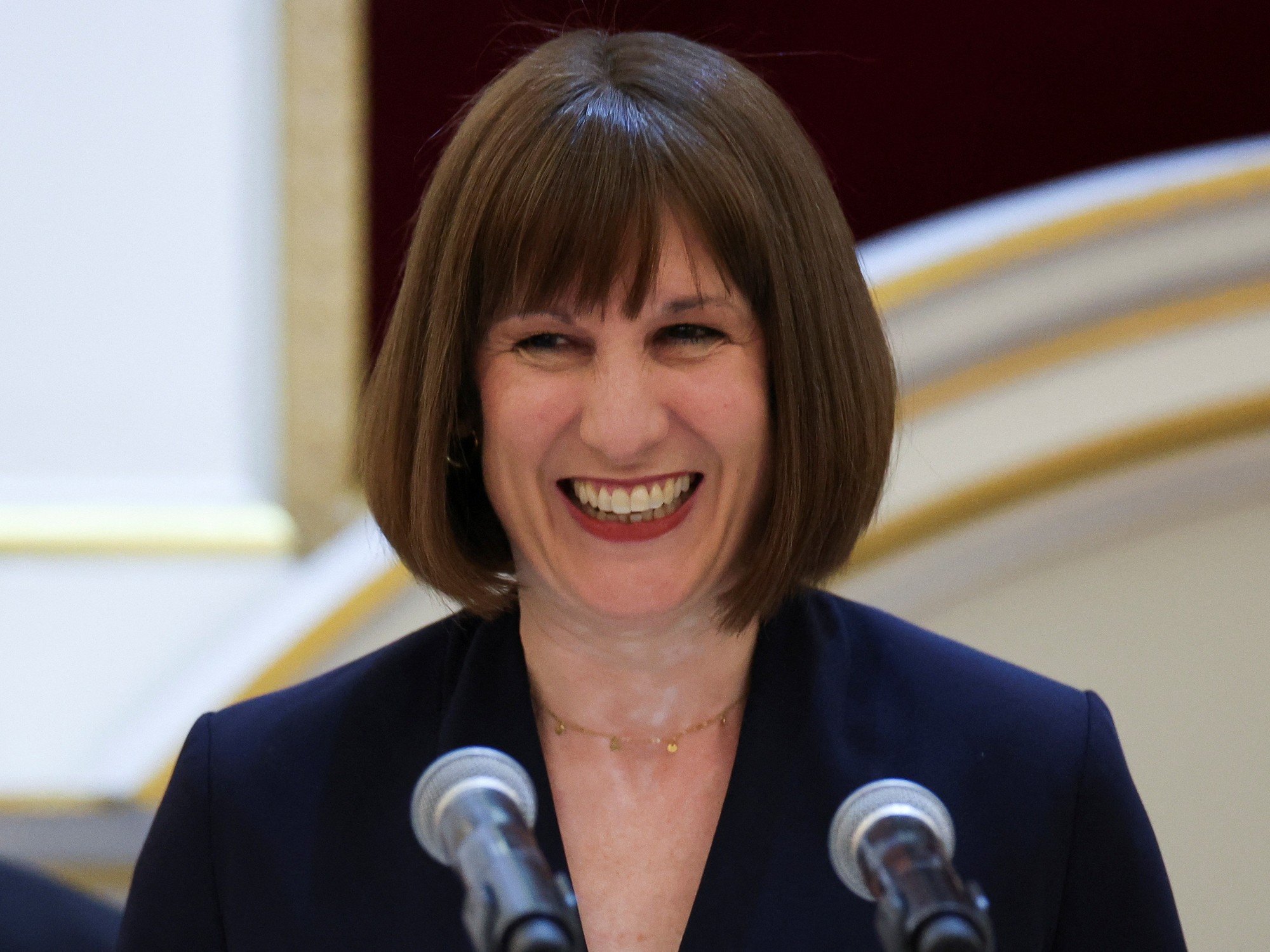An energy company is urging the government to announce extra support to households struggling to pay their energy bills this winter
Don't Miss
Most Read
Trending on GB News
Ten million households in Great Britain will “feel the pinch” as we go into the heating season which begins today, according to UK energy company Utilita’s boss.
Utilita Energy CEO Bill Bullen said: “We are seeing temperatures start to fall, we expect that ten million households will need additional support this winter. Otherwise, they are going to be self-disconnecting more often.”
The energy company is putting pressure on the government to provide what they say is the “right amount of financial assistance” directly on the meters of low-income households who are “unable to afford the energy they need”.
They say last winter’s energy bill support scheme “wasn’t targeted enough” and it only went “halfway to stopping low-income households disconnecting” altogether. Helping households financially is something they say they are doing to help their customers.

The rate of electricity self-disconnection will be almost four times between January to March 2024, in compared to the same period in 2023, Utilita has forecasted
GB NEWS
According to their forecasting, the rate of electricity self-disconnection will be almost four times between January to March 2024, in comparison to the same period in 2023.
In addition, they also say the time between January to March 2022 when there was no Energy Bills Support Scheme. Utilita expects the rate of disconnection this year will be 2.5 times the 2022 rate.
At their Headquarters near Southampton, they analyse data daily and look at the behaviour trends of their customers.
The company’s Head of Technical Insights, Adrian Goater, says this helps the company make “informed decisions” to help their customers when needed.
He added: “We can predict how busy we are going to be based on the weather and price changes so that we can try to scale things appropriately.
“We proactively look at the data, we will be able to look ahead and plan for weather scenarios when it gets colder.
“Similar to what we did when the beast from the East was here, we managed to provide and identify 25,000 customers who were vulnerable and maybe needed support. We were able to send financial assistance or energy credits to their meters.”
On top of the financial challenges that winter poses, the cold period makes people feel “uncomfortable” when temperatures drop below 18 degrees Celsius according to a physiology expert.
Professor of Psychology Damian Bailey, University of South Wales says: “ What I mean by uncomfortable physiologically speaking, people start to feel a lot colder and start to shiver.
“Typically, we are moving around, and muscles generate heat which is a good thing that keeps us relatively warm. But when you are sitting at home, passively, you are sitting in a chair watching TV for example and it is cold. And those people who can’t afford heating it then become much more uncomfortable.”

Utilita CEO Bill Bullen said they expect ten million households will need additional support this winter
GB NEWS
In 2022, every household received £400 of support over six months, which brought the average monthly cost down to £141. This year the government is yet to announce a similar scheme.
The energy price cap fell to £1,923 from October 1, which is £580 less than the £2,500 households were paying on average under the Energy Price Guarantee. But it will still be 50 per cent higher than the same period in 2021.
The government say they are keeping all “options under view for those most in need” and maintain their delivery of targeted “energy efficiency measures” for those on low income or facing fuel poverty this winter.
A Department for Energy and Net Zero spokesperson said: “We recognise the cost of living challenges families are facing and spent £40billion paying around half a typical household’s energy bill last winter.
“Energy prices are falling, and our Energy Price Guarantee remains in place to protect people until April next year. We’re also continuing to support the most vulnerable, with three million households expected to benefit from the £150 Warm Home Discount, £900 for those on means-tested benefits, and an extra £150 for disabled people."








